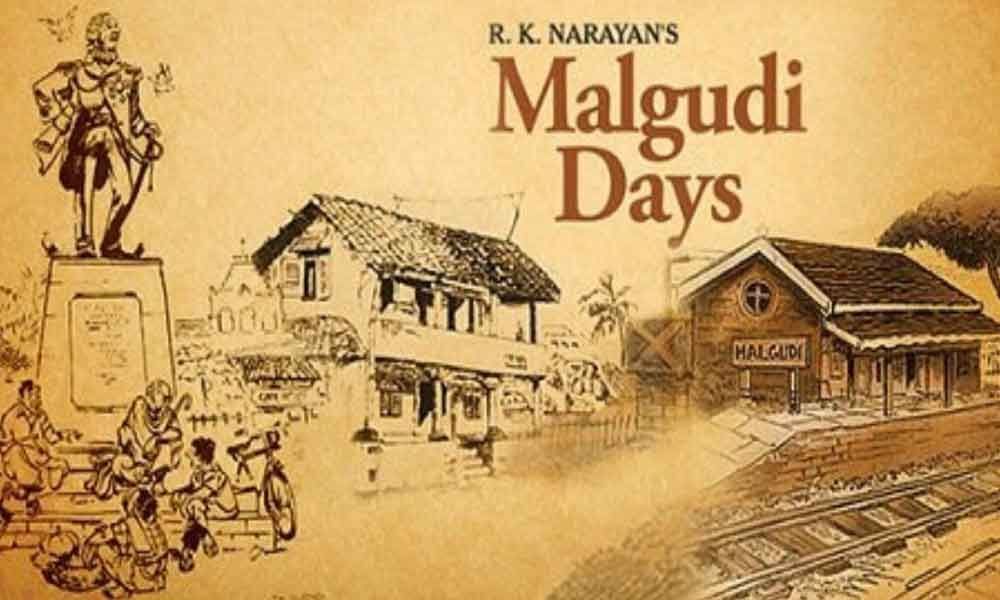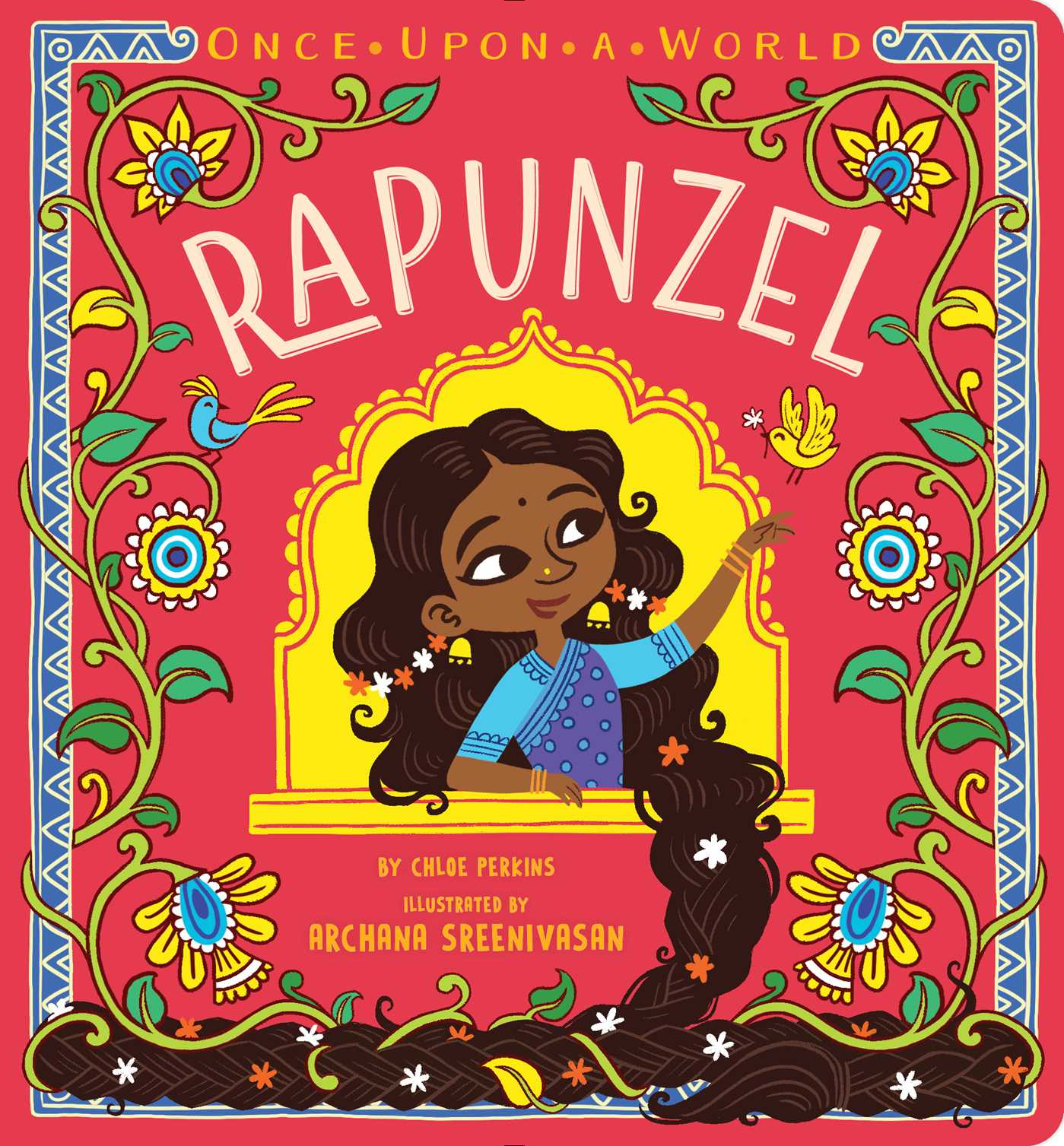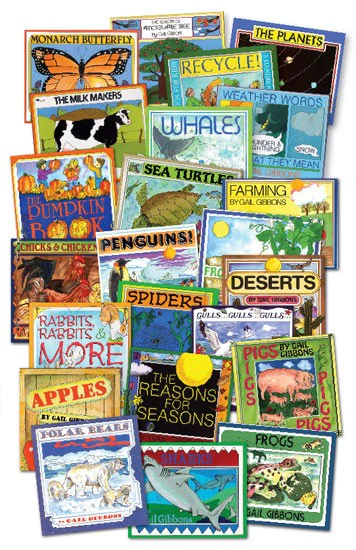‘The faint aroma of gum and calico that hangs about a library is like the fragrance of incense to me. I think the most beautiful sight is the gilt-edged backs of a row of books on a shelf. The alley between two well-stocked shelves in a hall fills me with the same delight as passing through a silent avenue of trees. The colour of a binding-cloth and its smooth texture gives me the same pleasure as touching a flower on its stalk. A good library hall has an atmosphere which elates. I have seen one or two University Libraries that have the same atmosphere as a chapel, with large windows, great trees outside, and glass doors sliding on noiseless hinges.’
Rasipuram Krishnaswami Iyer Narayanaswami (yes our beloved R K Narayan) have given us a range of emotions to cherish with immensely rooted writings for decades. Today no one is unversed to the hugely celebrated world of Malgudi. And ofcourse it’s characters. The Indianness of these characters. These are our stories. Familiar setting. Familiar vibes. Constructing a fictional world right from the scratch is no mean feat. Narayan’s colourful and a picturesque portrait of a common man’s everyday routine has been spot on. Seamlessly weaved with sheer finesse.
The legend we look upto, navigated his way through the struggle driven pathways early on in his career. Underwhelming payments, lack of support, constant endless manuscript rejections; the difficult route was undertaken with head held high. More specifically his unadulterated love for writing as an artform turned him into a gem of a storyteller.
‘Swami and Friends’, ‘The Bachelor of arts’ and ‘The English teacher’ formed a trilogy of his initial published work, in that order. His books resonated with the readers. Milieu seemed relatable. Memorable plots and unforgettable characters engaged the readers. And moved them emotionally.
The classic ‘Malgudi Days’, a collection of short stories set in the magically flavourful town of Malgudi became immortal. The humane side of characters, and of the society at large, was beautifully portrayed. Varied different perspectives, varied different schools of thought, rooted organic emotions; the book ticked every box possible. With time the book also went on to become a gateway for the foreign readers into the Indian cultural landscape. A tender portrayal of Indian small town life, as mentioned by critics and readers alike.
Narayan never shied away from calling spade a spade. His books dealt with sensitive themes and taboo topics. He wrote about the then regressive Indian practices, emotional turmoil of students due to varied different social issues, certain subtle inhuman rituals, so on and so forth.
This honest portrayal of the society he inhabited, the observations he made and the experiences he gathered; all of it found a mention in his books in some or the other capacity.
Soon Narayan began experimenting with the form of his writings, the style and the approach. Despite retaining his own identity in his work, he began exploring themes which were beyond his realm of primarily inward looking personal experience based writing. He also wrote essays, non-fiction and mythological books.
Other than the household titles like ‘Malgudi Days’ and ‘The man eater of Malgudi’, Narayan’s illustrious body of work spans across a long worthy list. ‘The Dark Room’, ‘Mr Sampath’, ‘The financial expert’, ‘Waiting for the Mahatma’, ‘The Guide’, ‘Next Sunday’, ‘My dateless diary’, ‘A writer’s nightmare’, ‘Gods, Demons and others’, ‘An astrologer’s day’, ‘A horse and two goats’, and many more.
R K Narayan represented India in global literature. Westerners looked up to him as an original voice, talking about his own land and his very own people in the purest possible form. Consistent humor and intricately nuanced narrative characterized Narayan’s writings. Simplicity and humanity was on full display. Minimalism too found its way. His text offered a closer intimate look at the varied different facets of human behavior and humans as species in general.
‘You become a writer by writing. It is yoga.’ The master states. And leaves us wanting for more. Every single time.
It’s time to return back to Malgudi yet again. To the simpler world and the simpler times. For a simpler, yet exciting life. And the stories which form along the way.

)
)
)
)
)
)
)
)
)
)